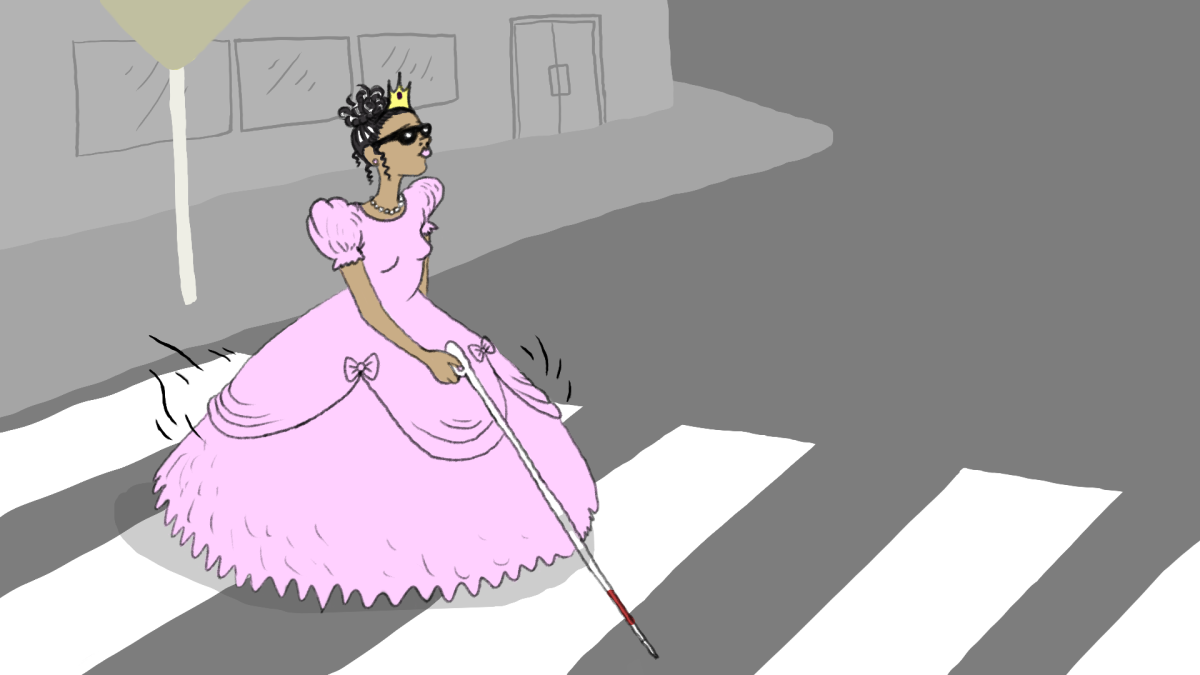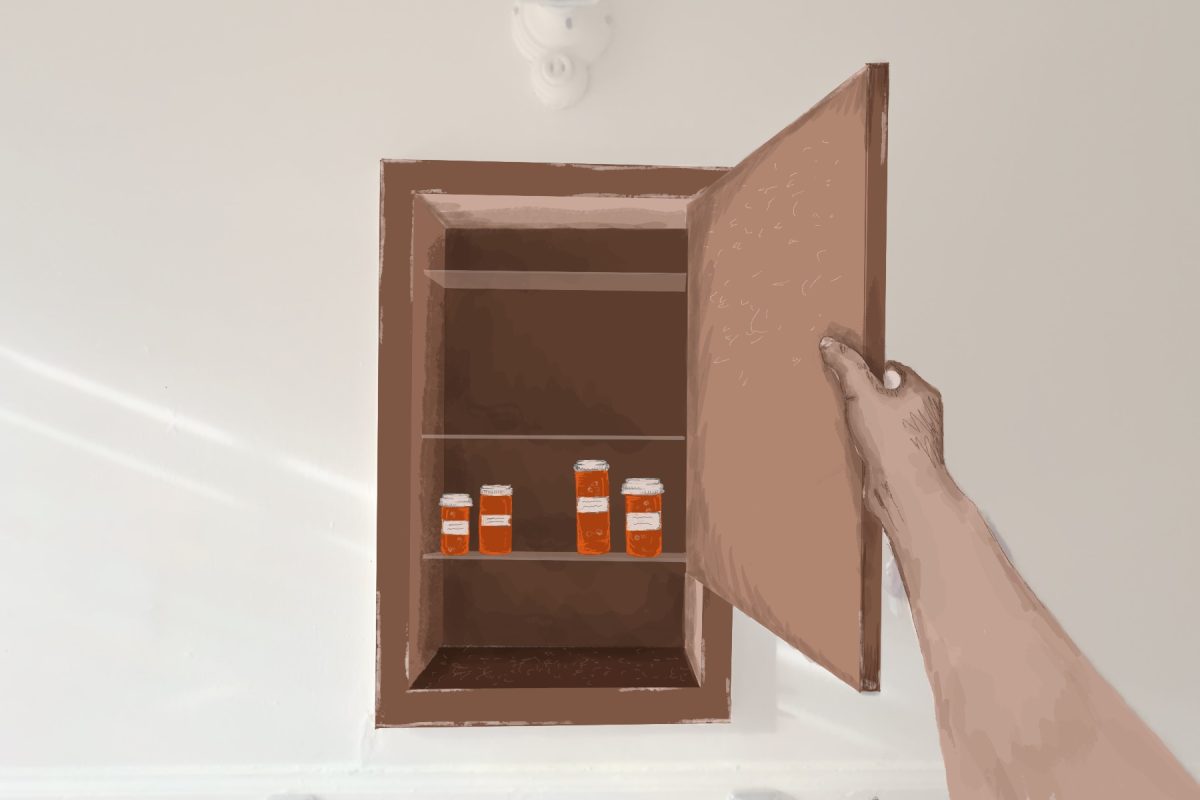There are very few things enshrined in American culture as much as football. Baseball, a game that was once considered the national pastime and ultimate American experience, has lost much of its appeal to younger generations, and football has stepped into that void nicely. Almost one-third of the entire population of the country, 111.9 million people, watched Super Bowl 50.
We, as a country, are obsessed. And what’s not to love? There’s drama, violence, personality; this is the ultimate reality show. However, the sport is dying.
This isn’t a quick death, but rather one that has been drawn out over decades of minimal progress in curing the disease that will ultimately be the killer. Concussions are killing the game that I love, and the NFL is turning a blind-eye toward the situation.
This goes beyond football. This goes into the home, as the wives of former players watch their husbands gradually lose their minds after retirement. Kids lose their fathers. Mothers lose their sons. This was the case with Mike Webster, former center for the Pittsburgh Steelers. He gradually fell into insanity as a disease known as chronic traumatic encephalopathy rotted in his brain, until he died at the early age of 50. This case was the first recorded of CTE in a former athlete and the basis for the film “Concussion.”
This especially resonates with me, as my grandfather, a former center for UNC-Chapel Hill’s football team, suffers symptoms similar to those of CTE.
CTE is a progressive degenerative disease that is often found in people that have suffered repetitive blows to the head. An individual suffering slowly loses his or her mind and is often driven to the point of insanity and suicide. The disease is most common among athletes who participate in sports where repetitive contact is prevalent.
The problem lies in the fact that the disease cannot be diagnosed while the patient is still alive, and symptoms often associated with dementia and schizophrenia are sometimes the only insights into the condition of an individual before his or her eventual, often premature, death.
With the death of Webster, a film being released about the problem with CTE in the NFL and many players speaking out in favor of extended player safety, surely the NFL would be doing everything in its power to ensure that player safety is a priority? Try again.
The NFL, up until just weeks ago, has completely denied any sort of link between on-field concussions and CTE in former players. Corporate greed and an urge to maintain control of Sunday has led to the NFL demonizing any sort of research into CTE as an attack on the game. Researchers are threatened with lawsuits. This is a powerful corporation, and with that power comes little responsibility on Roger Goodell’s part.
The commissioner, whose hands are already stained with the blood of mishandling the Ray Rice situation, is not only destroying careers, but also the lives of people. Bruce Arians, head coach of the Cardinals, echoed the NFL’s stance just days ago in a statement describing the concussion issue as people simply wanting to destroy football.
This isn’t the case. We love football. We want it to stay. We just want to keep the players alive.
The NFL is eventually going to suffer from this epidemic. Players are retiring earlier than ever, and the talent pool is draining as players begin to understand the reality that the game they love will literally end their life one day. With no intervention, the talent pool becomes limited, and superstars begin to retire in the middle of their prime, leading to a drop in revenue and the eventual recession from the pop-culture throne that football occupies.
NFL, as it seems, would rather profit off of its gladiator superstars in the short term than deal with the long term that will eventually lead to the death of the new American pastime.
It’s up to us — the fans, the lawyers, the former-players, the doctors and those who simply value human life — to demand that the NFL tackle the issue, as the list of CTE-related deaths increases. Fund the research. Find alternative helmet solutions. At the very least, admit there is a problem.
Now is the time to act, Mr. Goodell. By saving the players, you save the game.







